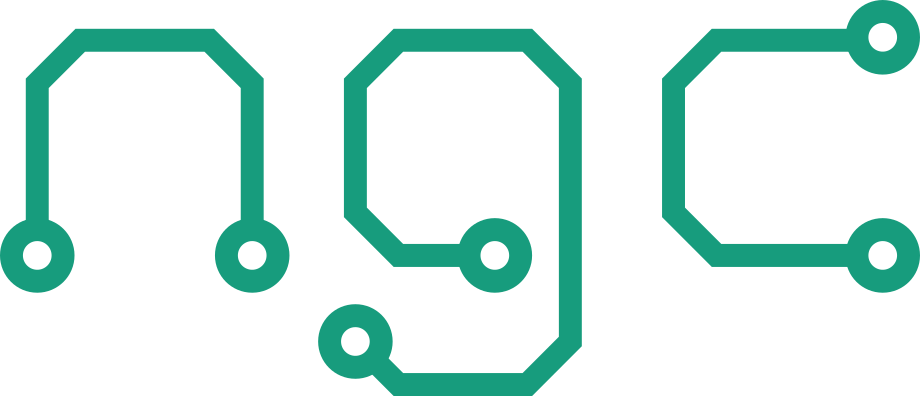The development of universal computers based on the von-Neumann architecture and built from the complementary metal-oxide-semiconductors (CMOS) logic is a tremendous success story which drove the world into the current digital age. Due to the miniaturization of transistors which have a size of a few nanometer and the development of a vast number of algorithms they are used in all technical objects, computing centers, roboters, cars, mobile phones to name only a few. Why should we develop new computing concepts, when these most general devices can be used for all the different applications.
- The sheer increase in the number of computing devices increases the demand in electrical energy. As this process will continue as it facilitates our everyday life, it is important to reduce their energy consumption. Therefore, it is supposed to use other materials (e.g. Ge based semiconductors) which may even allow to use other physical effects (e.g. Mott transistors) for the logic.
- The different applications may traget very specific calculations which could be done more performant on specialized instead of universal hardware. For example, an autonomous car requires an almost instant processing of a large number of incoming signals from different imaging devices as well as the identification of different objects through neural networks. For this purpose specialized hardware is already developed named “neural processing unit” or “tensor processing unit”. However, neuromorphic processors may be able to perform these computations both faster and with less energy consumption.
- The various deployment areas provide very different boundary conditions for the computing devices. For example edge devices, especially smartphones, are very limited in space and energy supply, while computing centers are in general not restricted in these aspects.
- Although von-Neumann devices allow us to solve a wide range of computational problems, there are still problems which they can not solve and others for which an enormous amount of processors or time would be required. This limitation could be overcome by other computing concepts like biocomputing or quantum computing.
Motivated by these observations, Fraunhofer has initiated a group of experts across groups and disciplins to provide solutions for the computing of tomorrow. Our goal is to review recent computing approaches regarding their advantages and disadvantages as well as their state of the art. Thus, interested readers can learn more about the next generation of computing, find experts and identify technologies matching to their needs.
